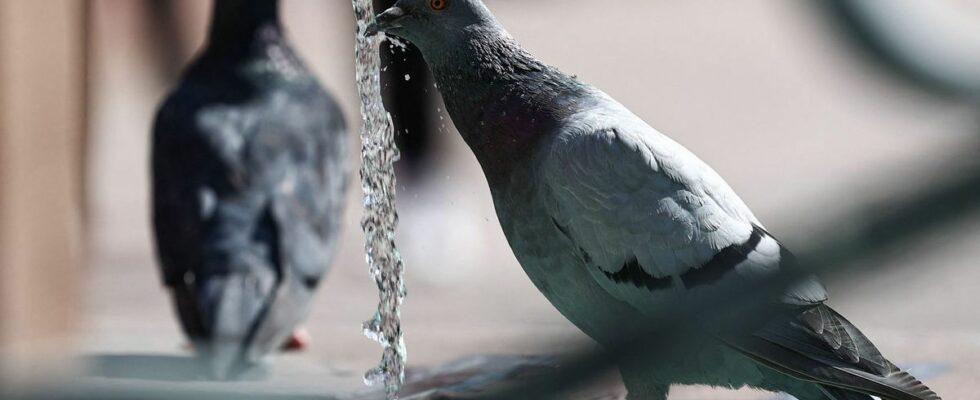Published on
updated on
Reading 3 min.
Mice can breathe through their anuses, pigeons can guide missiles, and placebos are more effective if they are painful: these are some examples of the “research” rewarded by the anti-Nobel 2024.
This competition, called Ig-Nobel – a play on words for “ignoble” in English – rewards “accomplishments that first make people laugh, then make them think“.
Here are the ten winners of the 34th edition, which was held on the night of Thursday to Friday in the United States, one month before the real Nobel Prize.
New breath
The physiology prize went to a Japanese-American team that discovered that many mammals could breathe through their anuses.
It was already known that loaches, a species of fish, were capable of “intestinal respiration.” Researchers have shown that this is also the case in mice, pigs and rats, suggesting that the intestine could be used as an “accessory respiratory organ.”
Missile Guide Pigeons
The “Ig Nobel” Peace Prize was awarded to the late American psychologist BF Skinner for placing trained pigeons in the noses of missiles to guide them during World War II.
The “pigeon project” was abandoned in 1944 despite an apparently successful test on a target in New Jersey (eastern United States).
Plants dream of being plastic
The botany prize went to research that showed that some plants mimic the shape of nearby plastic plants.
The researchers’ hypothesis is that the Boquila, a South American vine, “has a kind of eye that can see“. “How do they do it? We have no idea!“, said Felipe Yamashita, from the University of Bonn (Germany) to laughter from the audience.
Heads or tails?
Researchers won the probability prize for tossing coins into the air 350,757 times.
Inspired by a magician, they showed that the side facing up before the throw wins about 50.8% of the time.
After 81 days of returning parts, the team had to use massage guns to relieve their sore shoulders.
The secret of longevity
The demography prize went to a study showing that many people famous for their longevity live in places with birth and death records of “poor quality“.
The real secret to longevity is “to move to a place where birth certificates are rare, teach your children about pension fraud and start lying“, launched its Australian winner, Saul Justin Newman.
Worm Race
The chemistry prize went to a team that used a complex technique called chromatography to separate drunken worms from sober worms.
The researchers demonstrated on the Ig-Nobel stage by reconstructing a race between a sober, red-dyed worm and a drunk, blue worm.
The sober worm won.
Capillary vortices
The Franco-Chilean team that won the anatomy prize focused on the swirls formed by the hair growing on the top of the head. In most people, they found that hair grows in a clockwise direction. In the southern hemisphere, however, counterclockwise swirls are more common.
Painful Placebos
The medicine prize went to a European team that showed that placebos – treatments without an active ingredient used in medical studies to compare the effectiveness of a real treatment – were more effective if they caused painful side effects.
The swimming of the dead fish
The physics prize was awarded to James Liao for “demonstrated and explained the swimming abilities of a dead trout“.
“I discovered that a live fish moves more than a dead fish.” he said.
Scared cat
The biology prize was awarded to Fordyce Ely and William E. Petersen for a particularly strange experiment conducted in 1941 in the United States.
The two scientists, now deceased, had burst a bag next to a cat perched on the back of a cow to “explore how and when” the cows “expelled their milk.”
